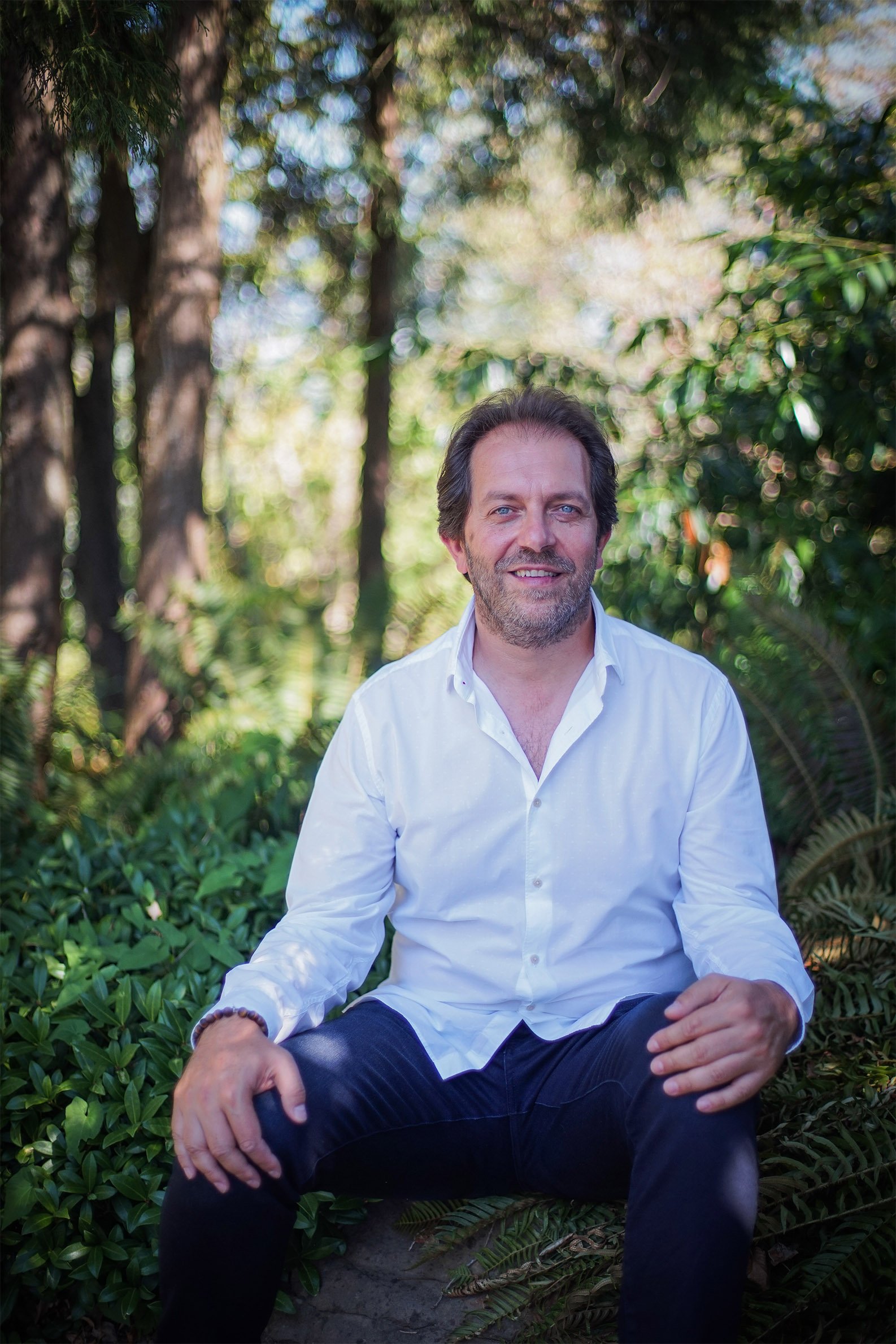
Recognizing incompatibility early can prevent frustration and help you foster connections that bring genuine happiness and alignment. Here are some key signs that show two people may not be the right match:
- Conflicting Core Values– When partners hold opposing beliefs about crucial aspects of life—such as family, religion, career priorities, or lifestyle—it creates ongoing tension. No amount of love can erase deep value misalignments.
- Constant Conflict– Do you and your partner argue over the same issues again and again? Frequent conflicts, especially over non-negotiable aspects of life, signal a fundamental mismatch rather than just a need for better communication.
- Emotional Exhaustion– Instead of feeling supported, do you feel drained after spending time together? If your relationship requires constant effort just to feel stable, it might not be a sustainable dynamic.
- Different Life Goals–If one person dreams of traveling the world while the other wants to settle in one place, or if one wants children and the other does not, these differences can lead to deep resentment.
- Lack of Mutual Effort–A relationship requires balance. If one partner is constantly sacrificing their happiness while the other remains unchanged, frustration and resentment will build.
- Mismatched Love Languages–If one person needs words of affirmation while the other shows love through actions, but neither adapts, both partners may feel unloved despite their best efforts.
- Feeling Unloved or Unseen–When you feel pressured to change who you are or suppress your true self to keep the peace, you’re likely facing deep incompatibility. A healthy relationship allows both people to be fully themselves.
Even when the signs are clear, people often avoid admitting incompatibility because they:
- Try to change themselves – Many people suppress their genuine needs and desires to fit into the relationship, thinking that if they adjust enough, things will work out.
- Try to change the other person – They believe that if they push hard enough, the other person will change and become the partner they need, often leading to resentment on both sides.
- Fear of being alone – They hold onto the relationship rather than face the uncertainty of finding someone new.
- Hope things will change – They believe that love, time, or effort will eventually erase the differences.
- Feel emotionally attached – The history and bond make it difficult to walk away, even when the relationship isn’t fulfilling.
- Having invested too much – time, family, or social pressure can make it feel impossible to leave.
Ignoring incompatibility can lead to prolonged emotional distress and unfulfilling relationships. Acknowledging it sooner can empower you to make healthier choices for your future. The sooner we accept the truth, the sooner we can move toward a relationship that aligns with our needs.
Attraction is not the same as compatibility. You can be wildly attracted to someone and still be incompatible. In fact, intense chemistry can sometimes blind us to deep misalignments.
For example, passion might be strong at first, but if you have vastly different expectations for emotional intimacy, communication, or long-term goals, those differences will become unavoidable.
Compatibility means sharing fundamental values, respecting each other’s needs, and finding ways to meet in the middle without one person having to suppress their true self.
If you recognize incompatibility in a relationship, here are a few paths forward:
- Acknowledge the Truth – If a relationship feels like an uphill battle, it’s worth exploring whether the effort is leading to growth or just prolonging pain.
- Redefine the Relationship – Not all relationships have to end. Sometimes, shifting expectations or redefining the relationship (e.g., transitioning from partners to friends) can create harmony.
- Communicate Openly – If there’s potential for compromise, honest discussions can help both partners understand if adjustments can be made without forcing change.
Let Go When Necessary – If incompatibility is causing deep suffering, it may be healthier to let go and make space for relationships that align more naturally.
If you’re struggling with relationship challenges or seeking deeper connection, working with a Relationship Coach in Vancouver can provide the clarity and guidance you need. Whether you’re navigating incompatibility, improving communication, or rebuilding trust, personalized coaching can help you create a healthier, more fulfilling partnership. Take the first step toward a stronger relationship today.
Not every relationship lasts in the same form forever. Some people are meant to be friends rather than life partners. Some relationships teach us valuable lessons before we move on. I know this firsthand—I have been in many relationships where I lost myself out of fear of being rejected. I thought that if I molded myself to fit someone else’s needs, I would finally feel loved. But all it did was lead me to anger and resentment towards myself. I was under the illusion that this was the price I had to pay for love—until I completely shifted my perspective and limiting belief. The more we embrace the reality of incompatibility, the more we empower ourselves to create connections that truly nourish us.
The key is to honor who you are, respect who others are, and choose relationships that allow both people to thrive authentically. When we stop trying to force connections that don’t align, we create space for relationships that truly allows us to be seen, valued, and loved for who we are.
Self-Reflection: Are You in an Aligned Relationship?
- Have you ever felt like you had to change yourself to make a relationship work? How did that impact you?
- What are some core values or needs that you can no longer compromise on?
- In what ways have you ignored signs of incompatibility in the past, and what did you learn from those experiences?
- How can you create space for relationships that align with your true self?

How About Having a Powerful
First 45 Minute Conversation?


